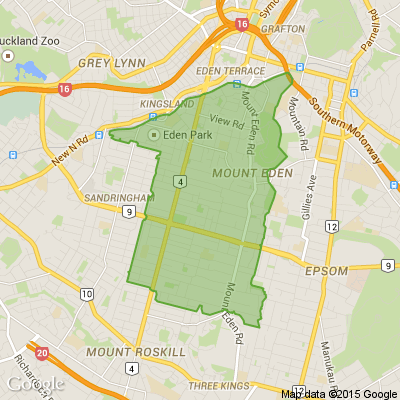Daylight saving is coming to an end for another year, which means an extra hour of sleep for many
Here's everything you need to know.
=============================
When does daylight saving end in New Zealand?
Daylight saving time ends every year at 3am on the first Sunday in April.
That means it ends this year at 3am on Sunday, April 7.
Do the clocks go forward or back?
That's right, clocks go back for the winter, from 3am to 2am.
That means you get an extra hour's sleep-in and it won't be as dark when you wake up in the morning - at least for a while.
It also means the sun will go down an hour earlier in the evening, so if you've got outside chores to complete, get them done faster.
How do I change the time on my phone?
You probably won't need to, because most smart phones will adjust to time zones automatically.
Here's how to check if your smartphone does that:
Android: Go into the clock app, tap more and then go into settings. Then go into change date and time, select set time zone automatically and then select use location to set time zone.
iPhone: Open settings, select general, to go date & time and make sure set automatically is turned on
Samsung: Open settings, go to general management, select date and time and then make sure automatic date and time is turned on. This should mean your phone will automatically reflect the time depending on where you are.
Why do we have daylight saving?
Because the Earth is on a tilt (of about 23 degrees, for those curious), we are exposed to more sun during summer and less during winter.
That means the days are longer during the warmer months and shorter in the colder months.
Daylight saving is intended to make the most of those long daylight hours. It means an extra hour of light on summer evenings, rather than super early in the mornings when hardly anyone is awake to enjoy it.
How long have we been doing this?
New Zealand first observed daylight saving in 1927.
However, the dates that clocks went forward and back, and the amount of time they were changed, varied over the following years.
In 1941, daylight saving was extended year-round under emergency regulations to help save energy during World War II.
Five years later, daylight saving time (or summer time as it was then known) was adopted as standard time, effectively discontinuing daylight saving.
In 1975, daylight saving was introduced again.
It was extended to its current dates — from the last Sunday in September to the first Sunday in April — in 2007.
When will daylight saving time start again?
Clocks will go forward one hour at 2am on Sunday, September, 29.
Do other countries observe daylight saving?
They do, but they're in the minority. About two thirds of the world's countries do not change their clocks throughout the year, according to Pew Research.
The practice is most popular in Europe, where 37 out of 44 countries observe daylight saving, and it's also observed in parts of North America, Latin America and Australia.
Egypt is the only African nation with daylight saving after bringing it back in 2023.
Countries close to the equator do not usually change their clocks as the length of their days does not vary enough throughout the year to justify it.
What if I'm working when the time changes?
The rules around getting paid for working during daylight saving time are set out in the Time Act 1974.
It says that if you're working when clocks go back an hour, you are entitled to be paid for that extra hour.
For example, if your shift started at 10pm and finishes at 6am, you will have actually worked nine hours and must be paid for nine hours of work.
If you're working on 29 September when the clocks go forward, you are still entitled to be paid for your normal hours. In this instance, a 10pm-6am shift will only mean seven hours of work, but you must be paid for eight.
I've changed the clock on my microwave — what next?
Daylight saving is a good time to check the batteries on your smoke alarm by pushing the test button to sound the alarm.
Check the alarm's expiry date too — most last a maximum of 10 years — and give the cover a clean to avoid false alarms from dust buildup.
==========================================
rnz.co.nz
==========================================
A Neighbourly Riddle! Don’t Overthink It… Or Do?😜
Do you think you know the answer? Simply 'Like' this post if you know the answer and the big reveal will be posted in the comments at 2pm on the day!
If you multiply this number by any other number, the answer will always be the same. What number is this?

Poll: As a customer, what do you think about automation?
The Press investigates the growing reliance on your unpaid labour.
Automation (or the “unpaid shift”) is often described as efficient ... but it tends to benefit employers more than consumers.
We want to know: What do you think about automation?
Are you for, or against?

-
9.5% For. Self-service is less frustrating and convenient.
-
43.5% I want to be able to choose.
-
47.1% Against. I want to deal with people.
Social Junior Netball
Get your schoolmates together for 6 weeks of summer fun!
Years 1-8 and Secondary School grades
Starting Thursday 19th Feb
Open to team and individual registrations
Registrations close Friday 13th Feb









 Loading…
Loading…